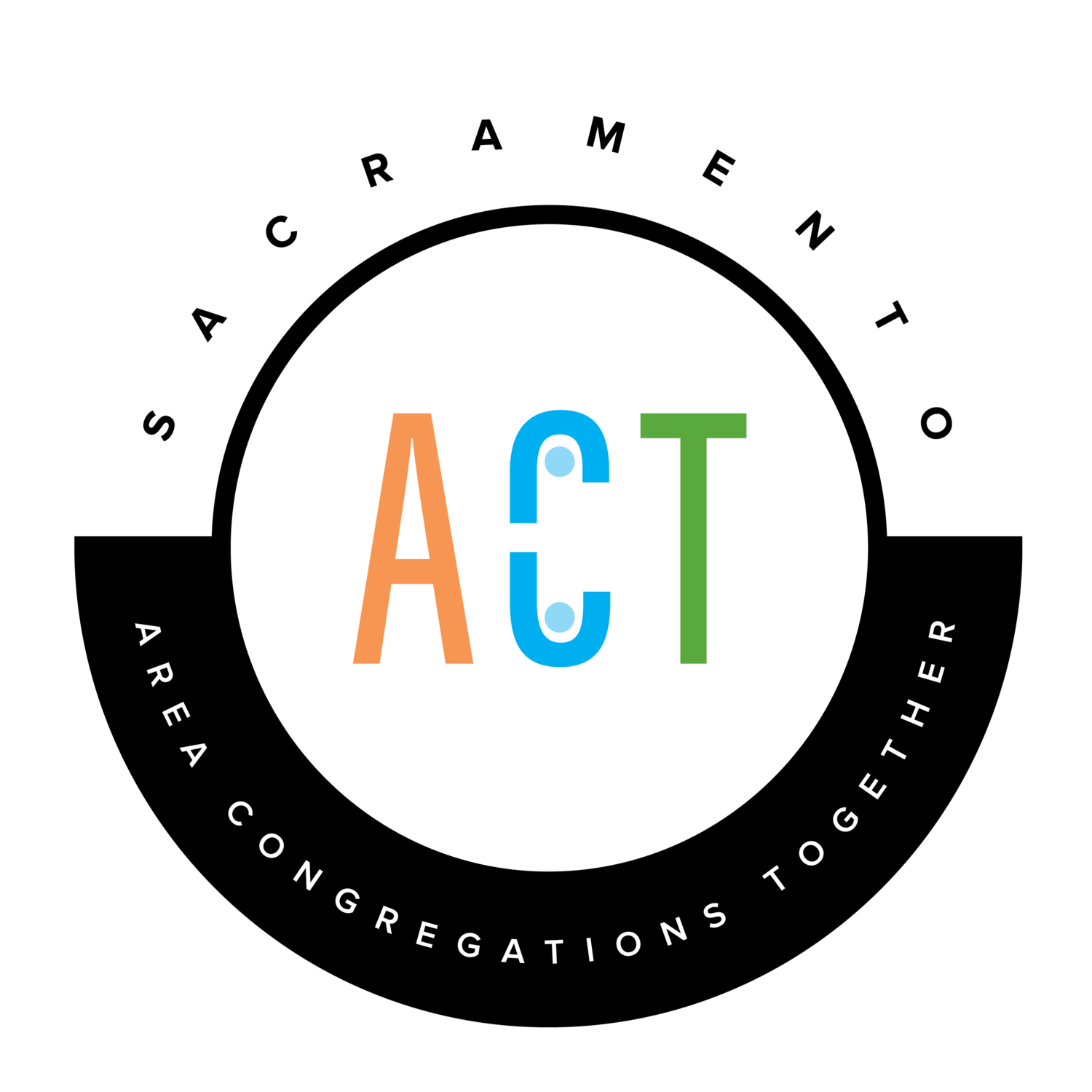The January 2019 Point in Time Count of Sacramento homeless people will soon be released. All available indicators point to a large increase in the number of persons sleeping without shelter since the last count in January 2017.
We are concerned some will use the new Point in Time Count as an opportunity to claim nothing is working and no more taxpayer resources should be used to address this crisis of homelessness. Such action would be misguided and contrary to the facts.
Under the leadership of Mayor Darrell Steinberg and the City Council, millions of health care dollars have arrived in Sacramento through the plot program Whole Person Care, which aims to coordinate health, behavioral health and social services for vulnerable Medi-Cal patients. Thanks to this funding, along with a combination with mental health resources from Sacramento County, many more homeless individuals have been able to access comprehensive healthcare that has improved their chances to get off the streets.
The triage shelter effort piloted on North Sacramento’s Railroad Drive has also demonstrated an effective path forward to address homelessness in Sacramento. Over 260 people moved from the shelter into permanent or long-term housing. The ratio of unsheltered people who moved into housing meets or exceeds the ratio of similar efforts in other communities. We have found something that works and that, if brought to scale, will directly reduce the numbers forced to sleep without shelter and can return many homeless persons to a safe, housed and healthy environment.
Seeing the triage success, the City Council voted in February 2019 to spend $16 million in one-time Measure U funds to open additional shelters. The Capitol Park Hotel will open this summer as a much-needed downtown shelter. Additional shelters are also being planned for other locations throughout the city.
We also know what does not work: continuing to criminalize people experiencing homelessness. We cannot “arrest our way out” of this crisis. We must address our affordable housing crisis and organize our community to meet the housing needs for all Sacramentans.
We must reduce the human misery we see every day in Sacramento and expand shelter capacity in every possible way. In addition to the other proposed shelters, we believe other options should be considered, such as:
Sanctioned encampments with portable toilets, fresh water and garbage disposal with triage services to begin the transition to permanent housing.
Tiny homes with and without a permanent centralized community building to provide services.
We have seen neighborhood fears in reaction to proposed shelters, but we strongly believe those fears are misplaced. The Railroad Drive Shelter reduced both the numbers and impacts of the homeless in that community.
Additionally, new state funds are in the pipeline to help the unsheltered and to increase our supply of affordable housing. To qualify for these funds our community needs to demonstrate a willingness to address the issue. We must develop a comprehensive collaborative plan to demonstrate that we know how to spend our resources wisely to end homelessness in our region.
San Francisco, San Jose, Oakland and Los Angeles have already reported sizable increases in homelessness since 2017. The high cost of housing is driving people to the streets in our community. In addition to expanding shelter capacity, we need to dramatically expand the city and county affordable housing trust funds so that people can move from the streets and shelters to affordable housing.
We cannot let the new Point in Time Count derail us from increasing allocations for shelter, as well as building truly affordable housing. Our mayor, along with the majority of our City Council, has demonstrated a willingness to tackle these issues and work to end and prevent homelessness. All of us in our community need to support that effort.
Gabby Trejo is the executive director of Sacramento Areae Congregations Together (ACT). Bob Erlenbusch is the executive director of Sacramento Regional Coalition to End Homelessness (SRCEH).
